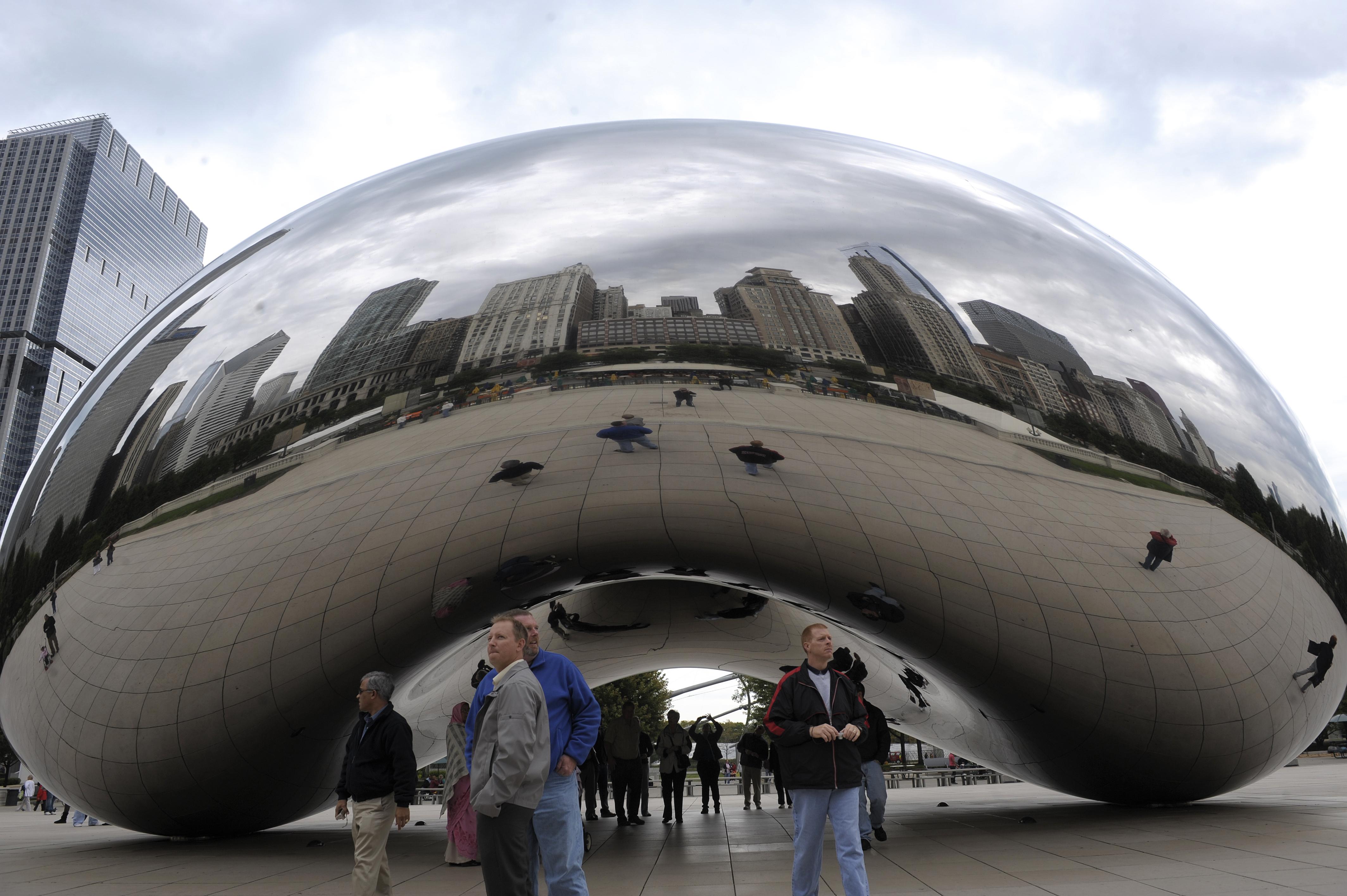Mid-August saw a burst of attention around “mirror fasts,” the latest new thing in giving up something we have become addicted to. News of the trend appeared, varnished with a thin coat of judgment, in a NYT article. Then the rite resurfaced in The Guardian, which also featured two women who had blogged about going for long periods (a month and a year) without looking at their reflections. Their accounts included a lot of wispy, New Age-y words like “serenity.” And the fact that they used their personal blogs to question other people’s narcissism made me cynical from the get-go. Still, the idea of going mirror-less for a while sounded like a good thing. What could be wrong about giving the looking glass a break?
Plenty, according to a handful of TV personalities, friends, and Slate colleagues. Some found the fasts impractical and extreme. Others objected to the perceived self-righteousness of the fasters, who seemed to be declaring mirror use categorically bad. (Most women employ mirrors not to commune rapturously with our reflections, but to take care of business; yet the religiously-charged “fast” implies that anyone smoothing her hair at the bathroom sink is vain or frivolous.) Then there’s the issue of cultural norms and the curious suggestion that mirror fasters are violating some sort of social contract. If looking presentable signals respect for the people around you, this argument goes, then not being concerned enough about your appearance to glance in a bus window from time to time means you could give a crap about insulting others. Finally, there are those who knock the mirror fast on the grounds that it just won’t work. You don’t cure narcissism by draining the pool.
But even if the whole deal smacks of navel-gazing, it does raise some interesting questions. Such as: Does the mirror function as a useful tool, a confidence booster, an ego bomb, or a momentary stay against confusion? Do the mirror-starved suffer existential dread when they forget what they look like? Or do they feel liberated? How do they apply makeup? Do all those milliseconds of stolen glances and secret poses add up to a lot of free time?
Long story short, I decided to go on a three-day mirror fast (and am now writing about it—go ahead, call me names!). The first thing I can report from the other side is that Washington D.C. has a ton of reflective surfaces. It is a gleaming glass-and-steel metropolis that beams your face back at you from a thousand directions at once, and steering clear of all the makeshift mirrors is delicate work. I spent a lot of time staring at my shoes while waiting for shiny elevator doors to open, and then craning my neck in odd directions to avoid the mirrors inside the car. Should the ladies’ room in your office also boast an enormous mirror right above the sink, you must perfect your ability to speed-walk into stalls and wash your hands with your eyes closed, none of which will help your image among your female coworkers.
Good news, though! Putting on makeup without a mirror proves surprisingly easy. Of course, you yourself don’t see the results (unless you cheat, more on that later), but sources tell me I managed to avoid cosmetic catastrophe, which is surprising given my stab (heh) at eyeliner.
I did not forget what I look like in a fundamental, Eternal Sunshine way—but the details began to escape me. I realized that my hair shuffles through phases (like the moon) and that my face cycles in and out of dozens of familiar expressions. I don’t have a single reflection that accompanies me like a shadow, but rather, multiple semblances that come and go. Some of the stress of the mirror fast has to do with not knowing which semblance you are presenting at any given moment.
One thing I didn’t expect: I got confused about whether it was okay to look down at my body. (Also, it’s impossible to keep your arms out of your field of vision while typing.)
So, cheating. I cheated by accident—innocently gazing into a laptop screen as it suddenly went dark—and I cheated on purpose. The willful cheating came at the end of a rough, irritating day, over the course of which I’d exhausted all of my willpower. You’ve heard of this phenomenon; it’s called decision fatigue. I ended up with my nose pressed to glass, inspecting my teeth, unable to stop. It was a mirror binge.
But the next day, I was back on the wagon, vowing to have the best mirror fast day yet! And I did, but it was still alarmingly difficult to break my habit (unknown to me until this fast) of peering into certain landmark surfaces on my walk from work. I saw a muscular young man flexing ever-so-slightly in the window of a CVS and judged him. Later, meeting a guy friend for drinks, I felt insecure.
When the mirror fast finally ended, I stood in front of a full-length looking glass and opened my eyes, expecting an epiphany. It was the biggest nonevent in the world.
